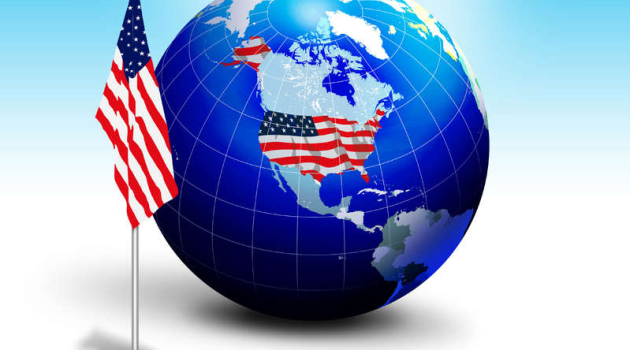I’m glad the United States is now ranked #1 in the World Economic Forum’s Global Competitiveness Report, though I point out in this interview that Trump’s performance is mostly a net wash.
His sensible approach to tax and regulation is offset by his weak approach to spending and his problematic view of monetary policy.
I’m embarrassed to admit that I forget to mention protectionism as another area where Trump is pushing in the wrong direction.
But let’s not focus on Trump. Instead, let’s take a closer look at the new data from the World Economic Forum.
And we’ll start with a look at the top 20. You’ll see some familiar jurisdictions, places that always get good grades, such as Singapore, Switzerland, and Hong Kong.
But you’ll also notice that there are several European welfare states with very good scores.
That’s because the GCR – unlike Economic Freedom of the World or the Index of Economic Freedom – does not rank nations based on economic policy. It’s more a measure of the business environment.
But since good policy tends to create a good business environment, there is a connection. Nations such as Germany and the Netherlands, as well as Scandinavian countries, have big welfare states. But the damage of those policies is offset by a very laissez-faire approach to businesses. So the big companies that help put together the GCR understandably give those places good scores.
By the way, it’s also worth mentioning that the 2018 edition uses a revised methodology. And based on this new approach, the United States retroactively gets the top score for 2017 as well.
All that being said, does it matter if a nation is ranked higher rather than lower?
Based on this strong relationship between competitiveness scores and economic output, the answer is yes.
The bottom line is that there’s a very meaningful link between economic liberty and national prosperity.
Now let’s take a closer look at the scores for the United States. As you can see, our top score is mostly due to our market efficiency and innovation environment.
For what it’s worth, I don’t fully agree with the report’s methodology. But that’s mostly because I prefer to look at the degree of economic liberty rather than whether a nation is business friendly. There’s an overlap, of course, but it’s nonetheless important to distinguish between pro-market and pro-business.
In any event, here are a couple of additional findings that caught my eye.
- Chile is easily the highest-ranked nation in Latin America, illustrating again the wisdom of pro-market reforms.
- The United States enjoys a top-10 overall score for infrastructure, including best-in-the-world rankings for road and airport connectivity. Something to keep in mind the next time politicians push for higher gas taxes because of a supposed infrastructure crisis.
- Venezuelans can be proud that they are not the worst nation in the world. That dubious honor goes to Chad. Though the communist paradises of Cuba and North Korea were not ranked.




